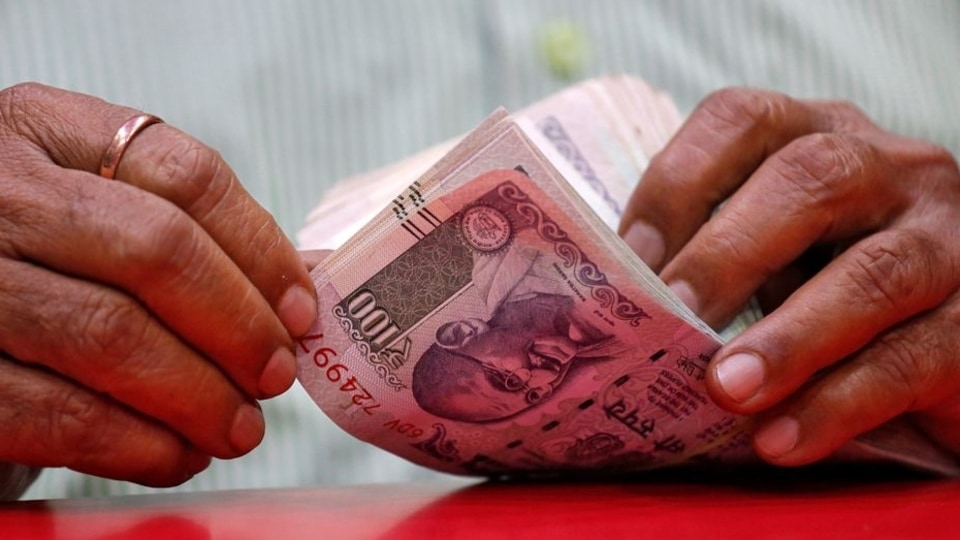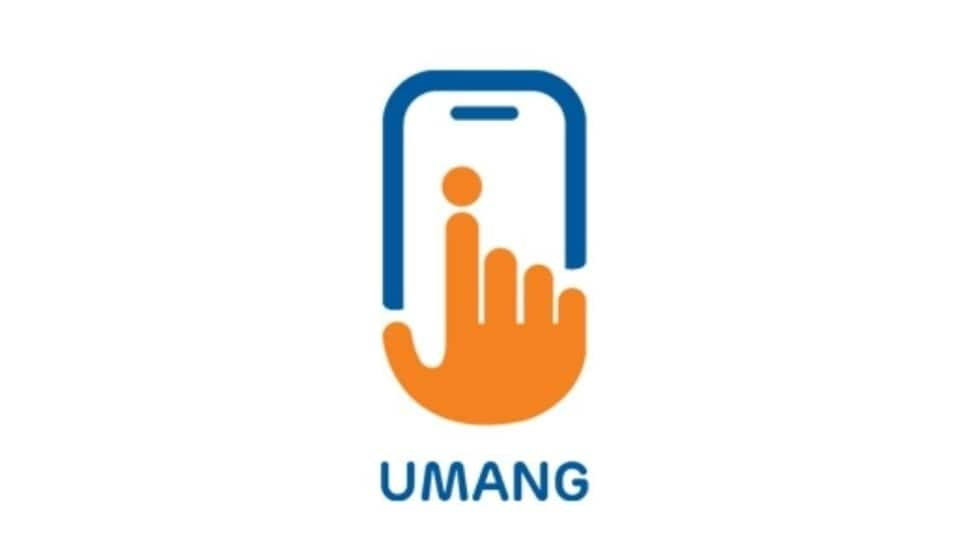iPhone 14 scam: On Instagram, scammers use 'Bhai' trick to rob man; Check 3 apps to stay safe
Ahmedabad man loses ₹7 lakh to Instagram scammers as fraudsters impersonate 'Bhai' from Dubai, luring victims with promises of a free iPhone 14.








 View all Images
View all ImagesIndia is facing a growing threat from cybercriminals who exploit virtual numbers with the +92 country code, often associated with Pakistan, to carry out fraudulent activities. Recently, a new online scam has emerged, where scammers impersonate the so-called 'Bhai' from Dubai, enticing unsuspecting individuals with promises of attractive rewards like a free iPhone 14. One such victim, Virag Doshi, a 24-year-old businessman from Ahmedabad, fell prey to this deceitful scheme.
Rising Trend of Virtual Number Exploitation
It all began when Doshi received a message on his Instagram account, claiming he had won a free iPhone 14 from 'Bade Bhai and Chhote Bhai.' Eager to get his hands on the expensive device, he paid a small fee of ₹3,000 as instructed through UPI. Soon after, he received a call from a +92 country code number, with the caller posing as 'Bade Bhai' from Dubai, confirming the prize and claiming it was ready for delivery, TOI reported.
Elated by the news, Doshi eagerly waited for the arrival of the iPhone 14, but things took an alarming turn when someone called 'Sanjay Sharma' rang him up, asking for an additional ₹8,000 for the delivery. Naively trusting the scammers, he paid the amount, only to find that he never received the promised gifts.
The Aftermath and Widespread Nature of the Scam
A devastating discovery soon followed – Doshi's bank account had been debited by a staggering ₹6.76 lakh between April 18 and May 7. Unbeknownst to him, the scammers had emptied his account, leaving him devastated.
A Call to Vigilance and Awareness
The Dhandhuka police inspector, P N Zinzuwadia, revealed that Doshi unknowingly transferred the money to the scammers himself, unaware of the large sums involved. The fraudsters utilised virtual numbers to carry out their deceitful acts.
This alarming trend of virtual number fraud is not limited to India alone but has also spread to other places, causing concern among law enforcement agencies. The cyber cell of CID (crime) has reported numerous similar cases nationwide, where scammers impersonate 'Bade Bhai and Chhote Bhai' from a reputed Dubai shop to entice victims with free or discounted iPhones.
Here are 3 apps that can help you stay vigilant from online scams
1. Fraud Alert by CERT-In (Indian Computer Emergency Response Team)
This app provides real-time alerts about online scams and phishing attacks. It also has a database of known scam websites and phone numbers.
2. mSafe by National Cyber Security Awareness Programme (NCSAP)
This app helps you stay safe online by providing information about cyber security threats and tips on how to protect yourself. It also has a panic button that you can use to alert the authorities if you are being harassed online.
3. Anti-Phishing App by Google
This app helps you identify and avoid phishing websites. It works by scanning websites for known phishing patterns.
In addition to these apps, you can also stay safe online by following these tips:
1. Be careful about what information you share online. Don't share your personal information, such as your phone number, email address, or bank account details, with people you don't know.
2. Be suspicious of emails and text messages that ask for your personal information. These emails and text messages may be from scammers trying to steal your information.
3. Only download apps from trusted sources. Don't download apps from third-party websites or app stores.
4. Keep your software up to date. Software updates often include security patches that can help protect you from malware and other threats.
5. Never believe claims of free gifts from strangers and don't ever make online payments to them without verifying their antecedents properly.
To combat cybercrime, it's crucial for individuals to stay vigilant and cautious when dealing with unknown calls and offers. Awareness and informed decisions are essential in protecting oneself from falling prey to such fraudulent schemes. By following these tips, you can help protect yourself from online scams.
Catch all the Latest Tech News, Mobile News, Laptop News, Gaming news, Wearables News , How To News, also keep up with us on Whatsapp channel,Twitter, Facebook, Google News, and Instagram. For our latest videos, subscribe to our YouTube channel.































